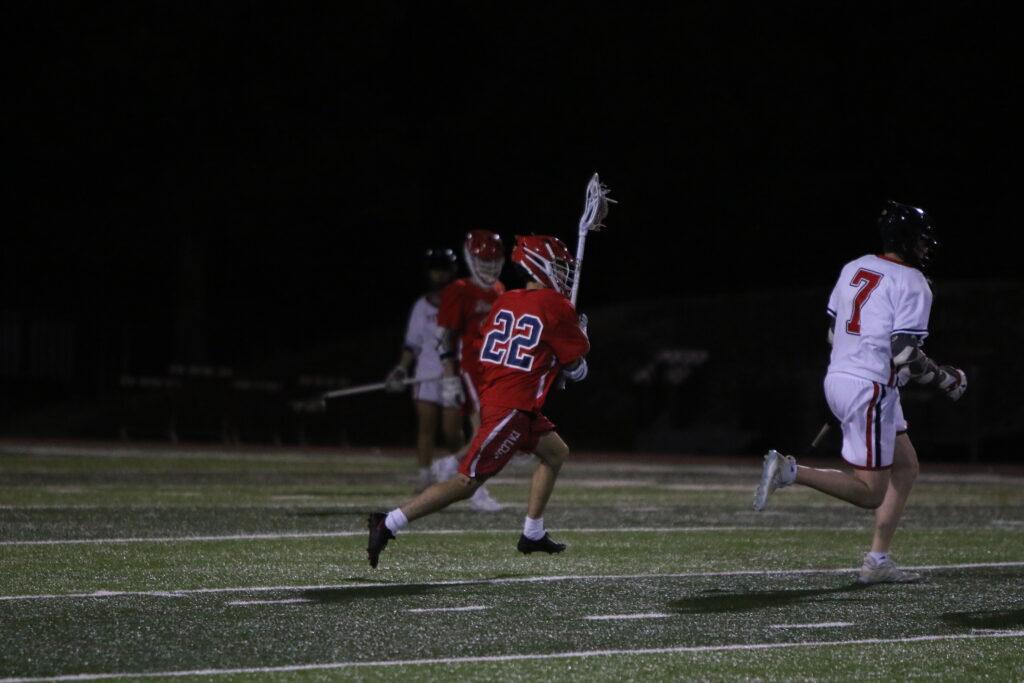Nothing is more humiliating than constantly finishing last in a fantasy sports league and then being forced to deal with the ensuing hazing and ridicule from friends. But for the past six years I have been playing fantasy sports—including everything from the traditional fantasy basketball and football to other more unusual sports including cricket and golf—I have learned some important strategies that will help you avoid embarrassment and win the first place trophy in your league as well as everlasting bragging rights with your friends.
Winning your league all comes down to one thing: the draft. The strategy behind the draft is tricky for newcomers because it goes against logic. The main rule of fantasy sports is that a superstar in real life is not necessarily a superstar in fantasy. For example, in a fantasy basketball league, those with the first draft pick might be tempted to choose a bonafide superstar such as Kobe Bryant or Carmelo Anthony.
However, slightly less-known stars such as Kevin Durant, Dirk Nowitzki and Chris Paul all rank higher in terms of fantasy. This rule is just as important in fantasy football in which a good running back, such as Chris Johnson, is almost always more productive than a superstar wideout or quarterback, such as Randy Moss or Kurt Warner.
To understand what makes a player valuable in a fantasy draft you have to look beyond the highlight reels and instead closely analyze the player’s likely statistics. In a standard basketball league, for example, teams compete in a variety of areas ranging from points to steals to free throw percentage. It is important to remember that each category is just as valuable as any other. Therefore, a good fantasy team might have a good balance of players who specialize in specific areas.
But the real key to creating an invincible fantasy team occurs toward the end of the draft. Once you finish choosing your first round draft picks and are looking to finish filling your roster, make sure you don’t succumb to the temptation of drafting players just to fill empty positions. Instead, draft the best available player even if you will have an empty position to fill later on. Although fantasy leagues have a quota for the number of players who can be started per position, that does not mean that you can’t draft more players than you can start. Even if the positions on your roster are not as balanced, these “leftover” players can be used as leverage to get the players you need through trades later on down the line and ultimately will contribute more overall to the team.
Starting with a solid draft is the single most important component to winning your fantasy sports league. The rest of the season simply requires the dedication to shuffle lineups consistently, add and drop players that are under-performing or that have been injured and to remedy weaknesses in your team either through trades or roster changes. Following this advice will guarantee you a win in any league. Just be prepared to make room for some extra virtual hardware in your fantasy sports trophy closet.


























